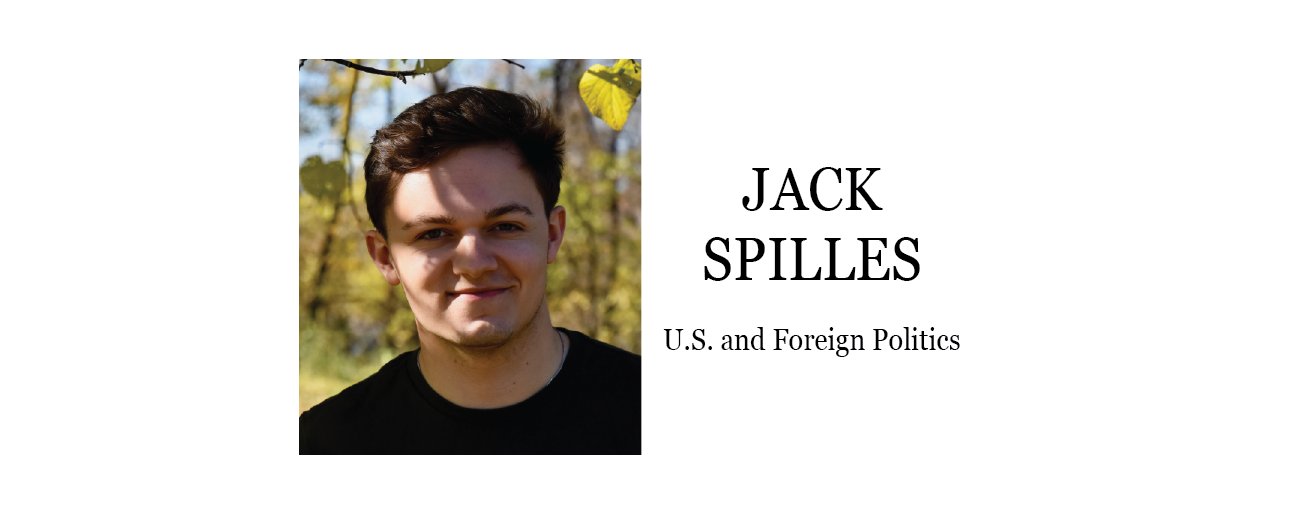This past week of NFL playoff games was the best divisional round in the league’s history. All four games were decided by six points or fewer, with the first three games all ending with a last-second, walk-off field goal by the visiting team. The final game, with the Buffalo Bills taking on the Kansas City Chiefs, was one of the most exciting games in recent memory; the teams combined for 25 points in the last 114 seconds of regulation and took the game into overtime. Then everyone (except the Chiefs) lost out.
The NFL’s overtime rules are garbage, plain and simple. Possession is decided by a coin flip, and the first team to score any points wins the game. A coin flip, a simple game of chance, has the power to decide the winner of the game. And it has: of 11 overtime playoff games since the rule’s implementation, the winner of the coin toss has won 10 times. Seven of those coin-toss winners scored the sudden-death touchdown on the first drive. Nearly 91% of the time, the winner of the toss prevails, with the loser never even getting a chance to touch the ball. That’s an advantage basically unseen in professional sports.
American sports are based around the idea of parity, the “quality or state of being equal or equivalent,” according to Merriam-Webster. The top five sports leagues in the U.S., the NFL, NBA, MLB, NHL and MLS, all implement a draft, where the team with the lowest winning percentage the previous year gets the first chance at the best prospects, and all of them except the MLB have a salary cap, which dictates how much a team can spend on the salaries of its players. These measures aren’t seen in other professional sports leagues around the world, and emphasize how important the idea of parity, or equal opportunity, is in American sports.
In that same vein, each of the top five leagues outside the NFL has overtime rules that ensure each team has an equal opportunity to compete. The NBA, NHL and MLS all add another set amount of time to the clock, in which each team has an equal opportunity to possess the ball and score. The MLB adds another inning, which allows each team to hit and field against each other. Even the NCAA, college (and therefore amateur) football, has overtime rules that allow each team to play offense and defense before the game is decided. The NFL, arguably the poster child for attempting parity in professional sports, has not caught on, and the rules should change.
This same situation occurred three years ago, when the Chiefs drew the short straw and fell to the New England Patriots’ game-winning overtime drive in the AFC Championship Game. After that season, the franchise proposed a rule change that would give both teams the ball and a chance to score, but the NFL turned it down. Why, in a league that gives the worst-performing teams the clearest chances to acquire the best young talent, is it so distasteful to give each of the best-performing teams (they’re in the playoffs) an equal chance to win the game?
A rule change, such as one where each team will get the ball once regardless of the outcome of the first drive, would be unequivocally beneficial to everyone. Each team, on both sides of the ball, gets a chance. The viewers get more white-knuckled, heart-racing, must-see NFL action. The league draws more viewers and more revenue: the Bills-Chiefs game drew nearly 43 million viewers, the most-watched NFL game of the season and most-watched divisional-round game in five years. The numbers would only climb if the teams were able to keep dueling.
In recent years, the NFL (National Football League) has been given, by many fans, the moniker “No Fun League,” a result of its often-draconian and boring rules, such as those that restrict what shoes a player can wear or how they can celebrate big plays. The league continues to earn the nickname by refusing to let the players play and decide the game, instead of a 50/50 coin flip. Change the rules.

